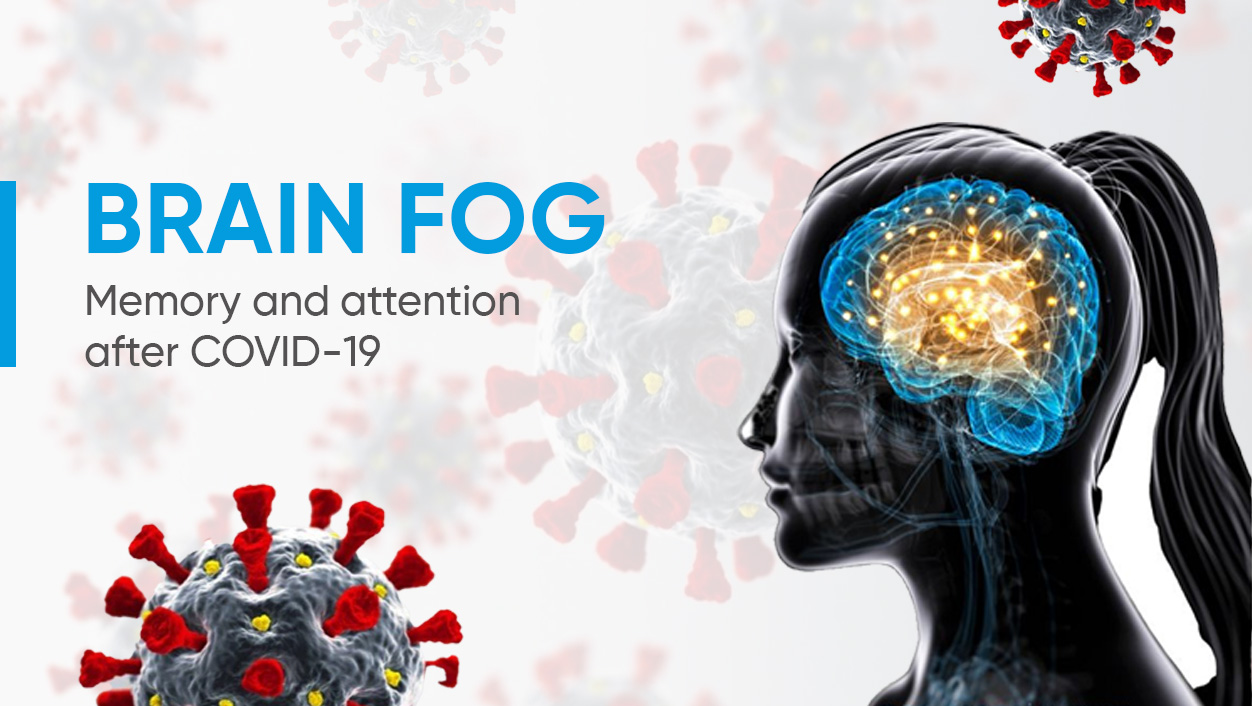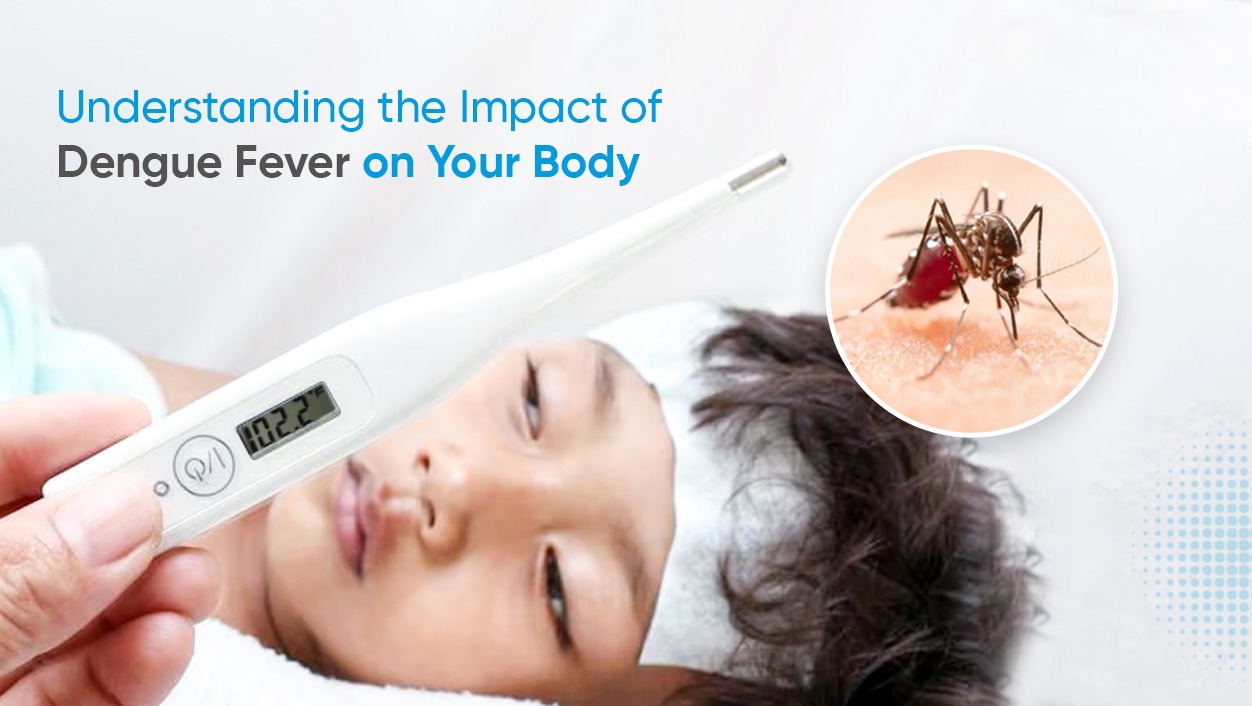
The global impact of the COVID-19 pandemic has extended far beyond the realm of respiratory illness. Increasingly, reports are emerging about lingering cognitive symptoms, with many individuals experiencing a phenomenon commonly referred to as “brain fog.”
This nebulous term encapsulates a range of cognitive difficulties, particularly in memory and attention. In this blog, we’ll delve into the intricacies of brain fog, exploring its manifestations and potential links to COVID-19.
Understanding Brain Fog
Brain fog is a colloquial expression for a cluster of symptoms that affect cognitive function. People often describe it as a sense of mental fatigue, difficulty concentrating, and a feeling of haziness in their thoughts. While brain fog can result from various factors, including stress, lack of sleep, or certain medical conditions, its prevalence has surged in the wake of the COVID-19 pandemic.
Memory and Attention Challenges
One of the most profound aspects of brain fog post-COVID-19 is its impact on memory and attention. Individuals who have recovered from the virus often report difficulties recalling information, concentrating on tasks, and staying mentally sharp. Understanding the specific mechanisms underlying these cognitive challenges requires a closer look at the interaction between the virus and the central nervous system.
The Neurological Impacts of COVID-19
COVID-19 is primarily a respiratory illness, but it can affect multiple organ systems, including the central nervous system. Recent studies have suggested that the virus can infiltrate the brain, either directly or indirectly, triggering an inflammatory response that may contribute to cognitive symptoms.
The virus’s ability to induce inflammation in the brain can lead to a cascade of events affecting neuronal function. Inflammation may compromise the blood-brain barrier, allowing immune cells to infiltrate brain tissue. Additionally, the release of inflammatory molecules can disrupt normal neurotransmitter activity, leading to imbalances that impact memory and attention.
Post-Infectious Effects on the Brain
Beyond the acute phase of infection, some individuals experience lingering neurological symptoms. This phenomenon, often referred to as the post-acute sequelae of SARS-CoV-2 infection (PASC), encompasses a range of persistent symptoms, including cognitive difficulties. Researchers are still unraveling the complex interplay between the virus and the brain, but it is evident that the consequences can extend well beyond the resolution of the initial infection.
The Role of Inflammation
Inflammation plays a central role in the development of cognitive symptoms post-COVID-19. The virus can induce an inflammatory response in the body, and when this inflammation reaches the brain, it disrupts normal neural function. Microglia, the immune cells of the brain, become activated and release inflammatory cytokines, contributing to the overall inflammatory milieu.
This neuroinflammation can have profound effects on synaptic function and plasticity, which are crucial for learning and memory. Inflammation-induced alterations in these processes may underlie the memory and attention challenges experienced by individuals with post-COVID brain fog.
The Impact on Memory
Memory is a complex cognitive process involving the encoding, storage, and retrieval of information. COVID-19-related inflammation and its effects on neural networks can disrupt these processes, leading to memory difficulties. Some individuals may struggle with short-term memory, finding it challenging to retain new information or remember recent events.
In more severe cases, individuals may experience long-term memory deficits, affecting their ability to recall information from the past. The exact mechanisms through which the virus influences different types of memory are still being investigated, but the evidence suggests a multifaceted interplay between inflammation, neural networks, and neurotransmitter systems.
Attention and Concentration Challenges
Attention is another cognitive domain that can be significantly impacted by brain fog post-COVID-19. Individuals may find it difficult to concentrate on tasks, maintain focus, or switch between different mental activities. This can manifest as a persistent feeling of mental fatigue and a reduced capacity to engage in sustained cognitive effort.
The disruption of attentional processes may result from alterations in the balance of neurotransmitters like dopamine and norepinephrine, which play crucial roles in regulating attention and arousal. Neuroinflammation can disturb the delicate equilibrium of these neurotransmitter systems, contributing to attentional difficulties.
Psychosocial Factors and Brain Fog
It’s important to recognize that the impact of brain fog extends beyond the physiological realm. The psychosocial aspects of the COVID-19 pandemic, such as stress, anxiety, and social isolation, can also contribute to cognitive symptoms. The interplay between physiological and psychological factors is complex, and researchers are working to unravel the intricate connections that may exacerbate brain fog in the post-COVID period.
Management and Coping Strategies
As our understanding of post-COVID brain fog evolves, clinicians and researchers are exploring various management and coping strategies. While no specific treatment has been identified, a multidisciplinary approach is often recommended. This may include:
Cognitive Rehabilitation: Engaging in activities that challenge and stimulate cognitive function, such as puzzles, memory games, and mental exercises.
Physical Exercise: Regular physical activity has been shown to have positive effects on cognitive function and may contribute to overall brain health.
Healthy Lifestyle: Adopting a balanced diet, ensuring adequate sleep, and managing stress can positively impact cognitive function.
Rehabilitation Services: Some individuals may benefit from formal rehabilitation services that target specific cognitive deficits.
Psychological Support: Addressing the psychosocial aspects of brain fog through counseling or support groups can be beneficial.
Conclusion
The phenomenon of brain fog post-COVID-19 highlights the intricate relationship between viral infections and cognitive function. As researchers continue to investigate the underlying mechanisms, healthcare professionals play a crucial role in understanding and managing the cognitive symptoms experienced by individuals during their recovery.
It is imperative to approach post-COVID cognitive challenges with a holistic perspective, considering both physiological and psychosocial factors. By unraveling the mysteries of brain fog, we can develop effective strategies to support individuals on their journey to cognitive recovery after COVID-19.
As we navigate these uncharted waters, the collaborative efforts of researchers, healthcare professionals, and individuals affected by brain fog will pave the way for a deeper understanding and improved management of this enigmatic phenomenon.


Recent Comments